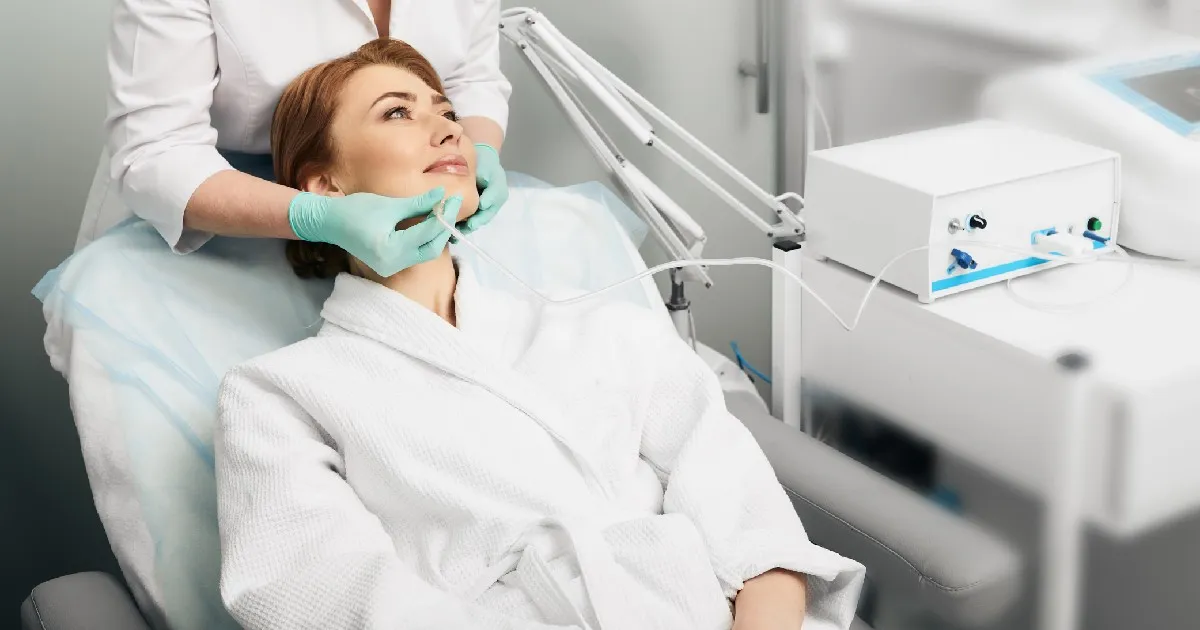Table of Contents
In the world of regenerative medicine, one word keeps popping up more and more: exosomes. But what exactly are they — and why are so many clinics and researchers excited about their potential?
Let’s break it down.
What Are Exosomes?
Exosomes are tiny, naturally occurring vesicles (think: microscopic bubbles) released by cells. They are part of the way cells “talk” to each other. Inside these tiny bubbles are powerful materials like:
- Growth factors
- Cytokines
- Proteins
- MicroRNA
When exosomes are released, they travel to other cells and deliver these important signals, influencing how those cells behave. It’s like a sophisticated messaging system — but at a microscopic level.
How Are Exosomes Used in Medicine?
Because exosomes carry signals that promote healing, reduce inflammation, and encourage tissue repair, they’re being studied (and increasingly used) for a wide range of therapies, including:
- Joint pain and arthritis
- Soft tissue injuries
- Autoimmune conditions
- Anti-aging and skin rejuvenation
- Neurological support
- Post-viral recovery
Unlike traditional stem cell therapy, which introduces new cells into the body, exosome therapy uses the messaging power of exosomes to activate your body’s own healing processes.
Many treatments use exosomes derived from umbilical cord tissue — a highly potent and young source of these healing messengers.
Why Are Exosomes Exciting?
Exosome therapy is attractive for several reasons:
- Support for Repair and Regeneration: They help turn on your body’s natural healing responses in a very targeted way.
- Non-cellular: Because exosomes aren’t whole cells, there’s a lower risk of rejection or complications.
- Potent Communication: They deliver concentrated signals exactly where they’re needed.
- Less Invasive: Many exosome treatments are simple injections or IV infusions.
Are Exosomes Safe?
Early research and clinical experience suggest that exosome therapy, when properly sourced and administered, is generally very safe. However, as with any treatment, quality matters. Always ask where the exosomes are sourced, how they are processed, and whether the provider follows strict safety standards.
The Future of Exosomes
Research into exosomes is expanding rapidly. Scientists are exploring their role in everything from orthopedic recovery to treating chronic illnesses, cognitive decline, and even skin regeneration.
At our clinic, we view exosomes as one of the most promising tools to help support your body’s natural ability to heal, restore, and thrive.
Curious if exosome therapy is right for you?
Reach out to schedule a consultation — we’re here to guide you with safe, science-backed options.






